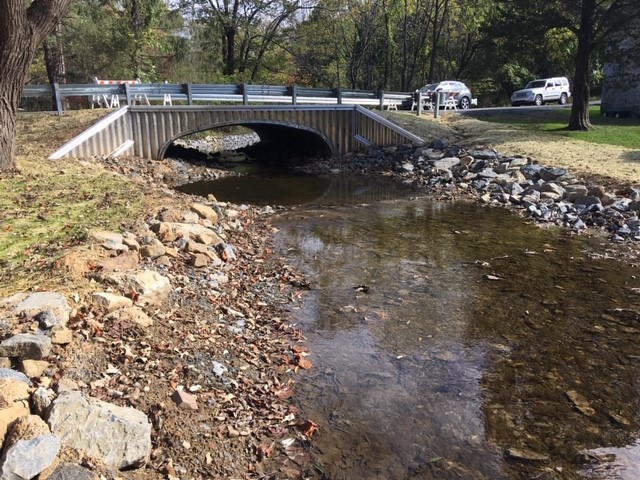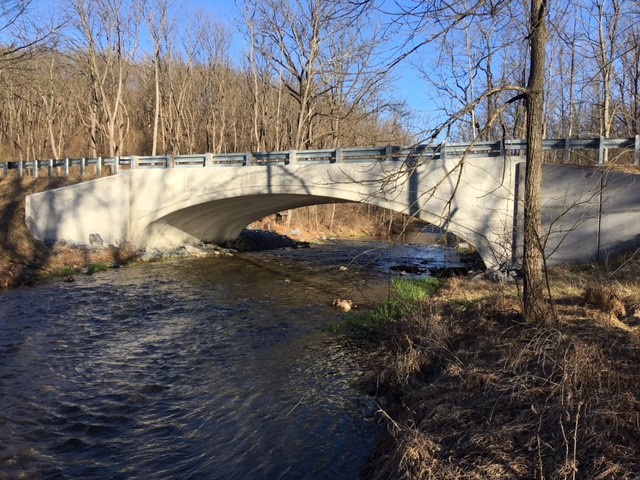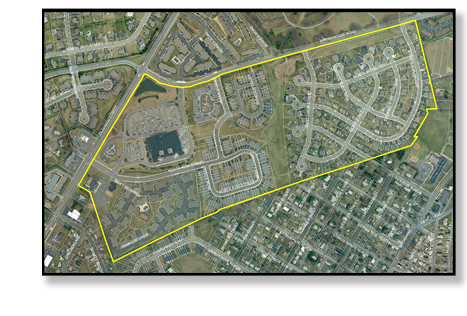During a routine operations inspection, petroleum vapors and free product were identified in the submersible pump manway of a 4,000-gallon unleaded gasoline underground storage tank (UST). Further investigation revealed a copper bypass line on the line leak detector was cracked and leaking unleaded gasoline.
Monitoring wells were installed, and sampling results indicated groundwater had been impacted by the release. Additional site characterization activities consisted of installing monitoring wells to determine the horizontal extent of the petroleum contamination and collection of soil samples at the soil/groundwater interface, which was above the invert of the UST. Results of the soil sampling indicated site soils were not impacted by the release. However, the monitoring well sampling results indicated the groundwater was impacted by unleaded gasoline.
Groundwater remediation activities were initiated using an oxygen injection system configured to inject oxygen directly into the groundwater via twelve (12) injection wells. The system was operated for 6 years until the groundwater concentrations were below the Statewide health standard.
A Site Characterization Report, Remedial Action Plan, and Remedial Action Completion Report were prepared and submitted to the DEP. The attainment of the residential, used aquifer, Statewide health standard was demonstrated in groundwater. Liability relief was granted by the DEP.




